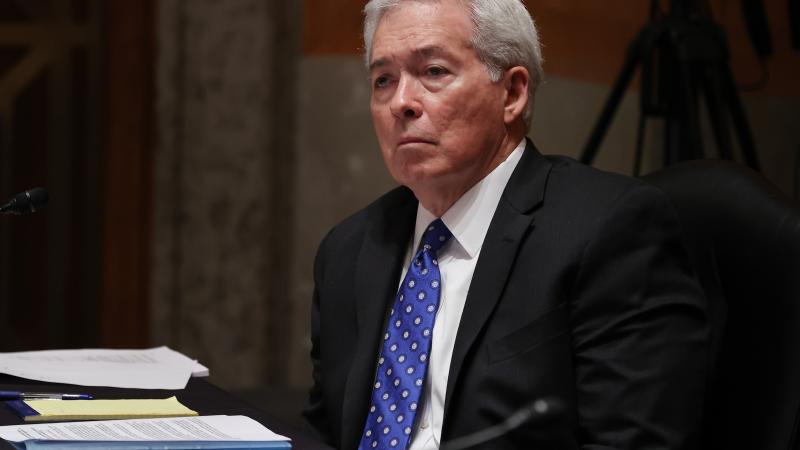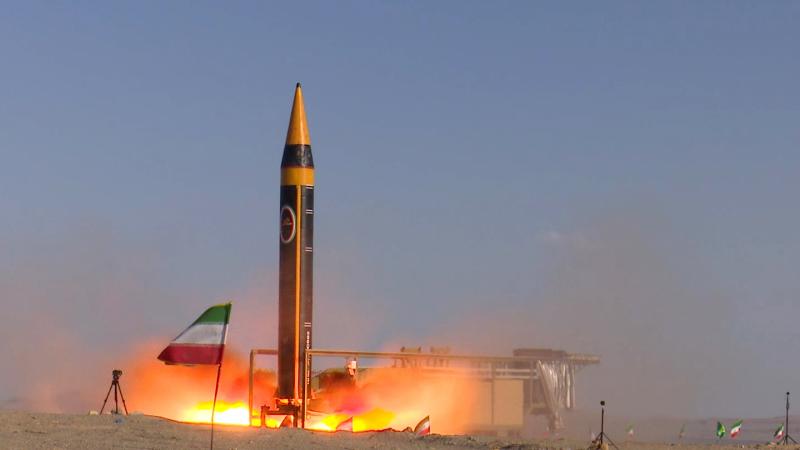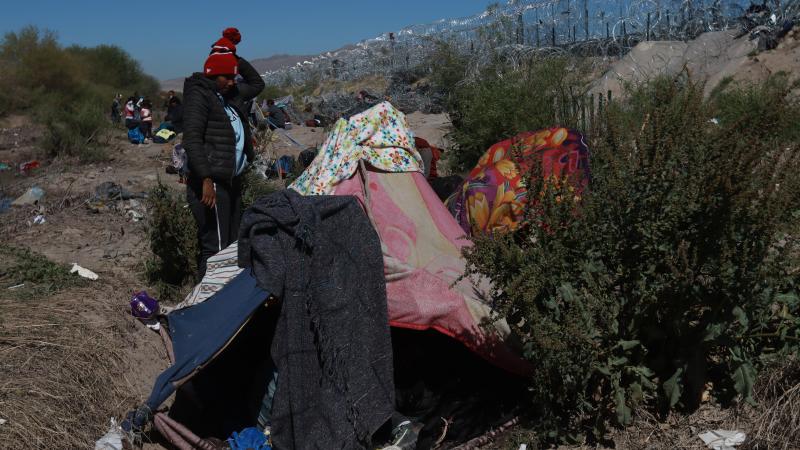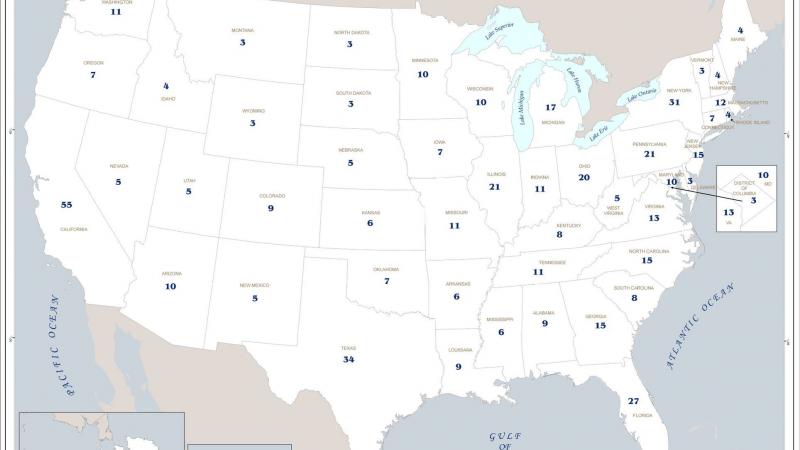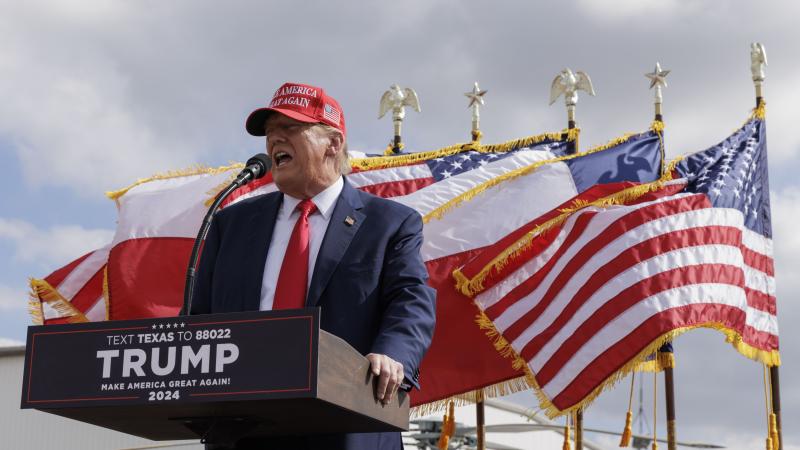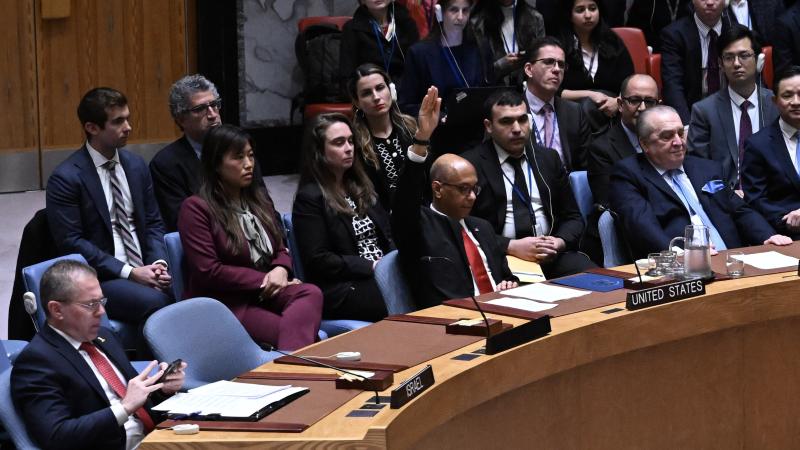DOJ dropped charges against 5 Chinese researchers accused of lying about military affiliations
These cases were part of the Trump administration's "China Initiative."
The Department of Justice dropped charges against five visiting Chinese scientists accused of hiding their affiliations with China's military.
Prosecutors said they would stop pursuing visa fraud charges, among others, against the scientists, which included biomedical and cancer researchers in California and a doctoral candidate studying artificial intelligence in Indiana, in brief court filings late Thursday and Friday, the Wall Street Journal reported.
Tang Juan, one of the scientists, was a biology researcher based at the University of California–Davis. She had a trial scheduled to begin on Monday, but instead got her Chinese passport back on Friday and took a flight home to China, The Sacramento Bee reported.
The charge against Tang was that she lied on her visa application about not being in the Chinese military. A separate charge against her for lying to the FBI was dismissed by a judge when it was found that she had not been read her Miranda rights.
Having arrived in the U.S. in December 2019, Tang never began her cancer research at UC Davis because of the COVID-19 pandemic shutting down the lab where she was to work. Tang was preparing to leave for China in June 2020 when the FBI questioned her. Afterwards, she stayed at the San Francisco Chinese consulate for weeks until she left for a doctor's appointment, which was when the FBI took her into custody.
Another Chinese researcher and visiting scholar at Stanford University, Song Chen, had FBI interrogations against her dropped by a judge for the same reason, Reuters reported. A court filing showed that late on Thursday, the government appealed to the Ninth Circuit Court against the ruling in Chen's case.
The three other researchers whose charges were dropped were Guan Lei, a computer science student and visiting scholar at the University of California-Los Angeles; Wang Xin, a visiting medical researcher at the University of California San Francisco; and Zhao Kaikai, a PhD student in artificial intelligence at Indiana University Bloomington, according to the news site.
These cases were part of the Trump administration's "China Initiative," which started "in 2018 to prosecute alleged instances of trade secret theft and economic espionage by researchers who were accused of lying about their backgrounds to obtain access to American research institutions on behalf of the Chinese military," according to The Sacramento Bee.

